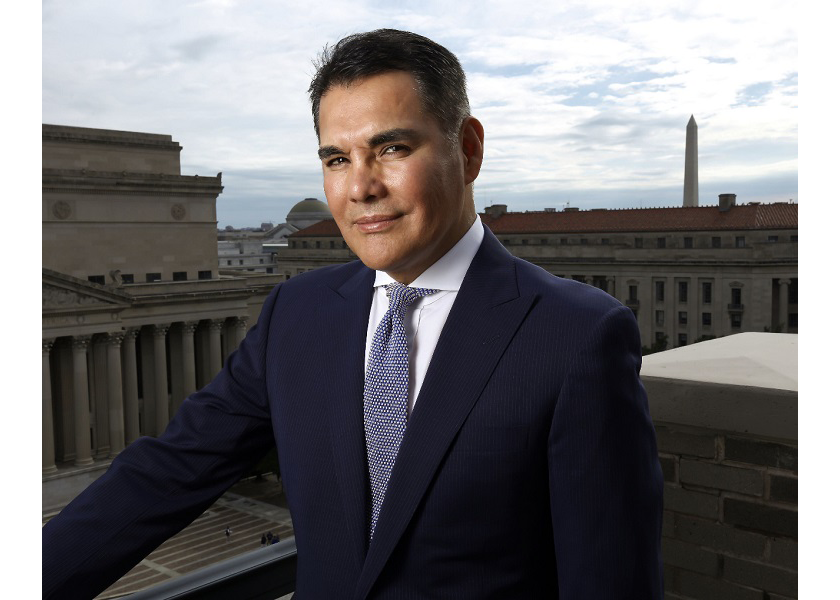WAO defends avocado sustainability

The Washington, D.C/London-based World Avocado Organization is dismayed by an article published in early November by British-based The Guardian slamming avocados as an “unsustainable fruit.”
Headlined “End of the avocado,” the story by food writer Clare Finney says avocados have “an enormous carbon footprint” and claims avocado production causes a “devastating environmental impact.”
It highlights chefs in Great Britain and Toronto who reportedly have removed avocados from their menus or substituted some rather unorthodox ingredients for guacamole.
While the article concedes that avocados are “deliciously creamy, versatile and gloriously Instagrammable,” it quotes chefs like Thomasina Miers, co-founder of Wahaca, a Mexican restaurant chain in Great Britain, who has created a substitute for guacamole made from fava beans, green chilis, lime and coriander.
Alternative ingredients suggested by other chefs and foodies include pistachios, crushed peas, fermented gooseberries and Jerusalem artichokes.
The author concedes that avocados, avocado oil and avocado butter are hard to replace because of the role they play in gluten-free and vegan baking and because many avocado lovers may not have the same affinity for things like crushed peas as they do for real guacamole.
Chef Miers says diners’ response to her guacamole substitute has been good, nonetheless, she keeps an option for “a traditional freshly made guacamole” on her menu.
World Avocado Organization CEO Xavier Equihua fired off a letter to the newspaper in which he defended the sustainability of avocados saying that no other food offers the same nutritional value for the per-liter amount of water used in the harvest.
Avocados require only 600 liters of water per kilo to produce, he said.
Equihua said he responded to the article to set the record straight.
“We have nothing to hide,” he said. “Quite the contrary, we have a great sustainability story to tell.”
Technological advances have reduced water usage in avocado production by one-third over the past decade in many avocado-producing countries, he said.
Most of the substitute ingredients used by the chefs -- fava beans in particular -- require more water to grow than avocados, he said, and numerous items that remain on their menus, such as beef, pork and chicken, are far less sustainable than avocados, consuming up to 14,000 liters of water to produce 1 kilo.
In addition, avocados are grown on trees, which he said are considered “the lungs of the earth because they turn carbon dioxide into clean oxygen.”
Avocados are “without a doubt, one of the healthiest superfoods you can eat,” Equihua said.
The restaurateurs featured in the story are “misinformed” and are attempting to promote themselves “at the expense of the humble avocado.”
So far, U.S. restaurants have not made the switch, he said.
“American consumers and restaurateurs are much more pragmatic and recognize the nutritional value per liter of water for avocados,” he said.
Equihua said it’s time for the produce industry, not just the avocado category, to fight back against such “misinformation campaigns” and educate consumers and restaurant operators about what’s involved in producing fresh fruits and vegetables – particularly in regard to water use versus the nutritional value they provide.
“The World Avocado Organization has been taking the lead for the past four years on this issue, and we hope that others will join us in our effort to educate media and consumers about this misinformation,” he said.
“There are a lot of misconceptions about the amount of water fruits and vegetables use,” he said. “The return on the water investment is humongous compared to typical products.”







